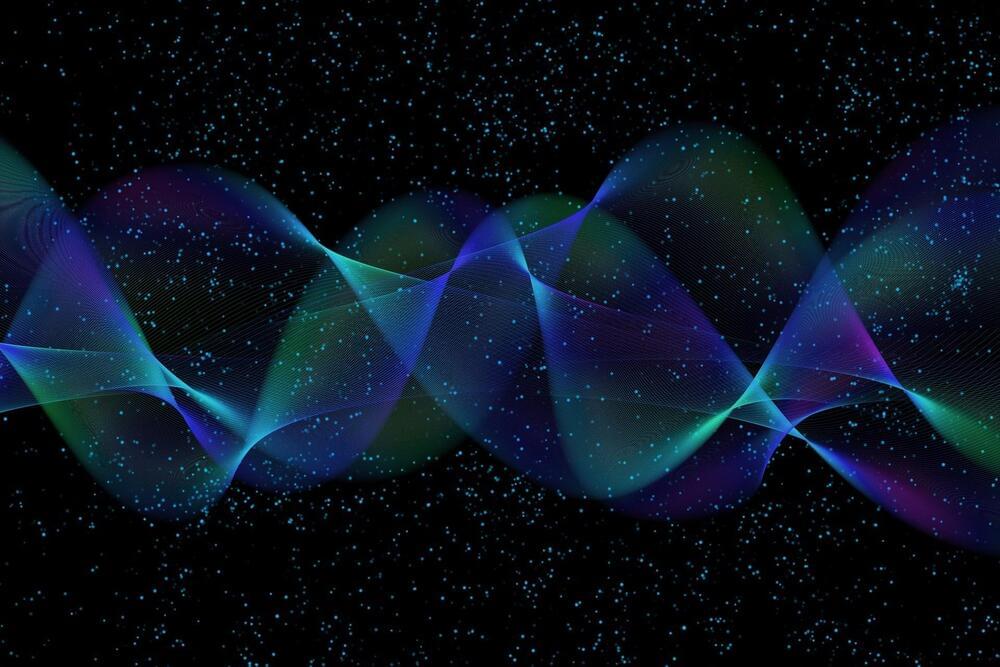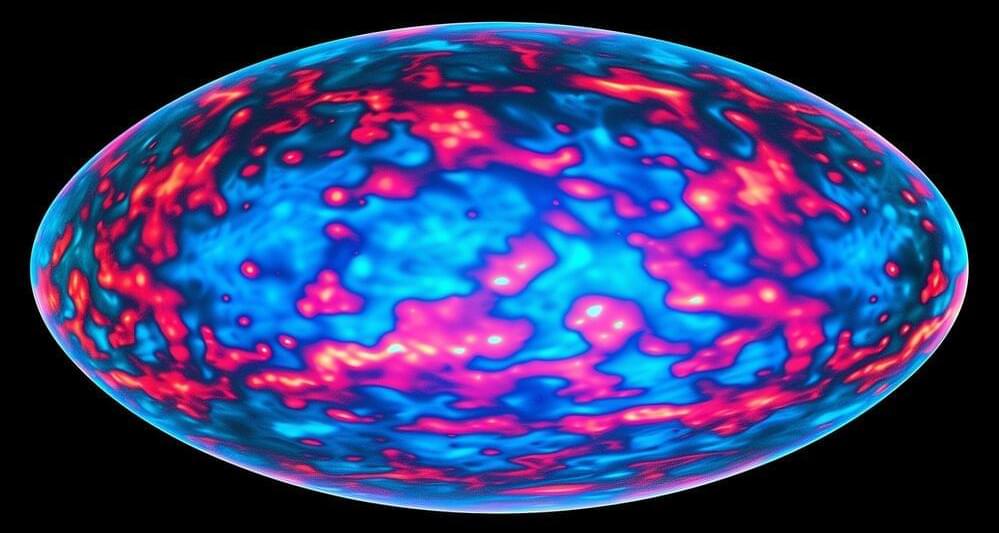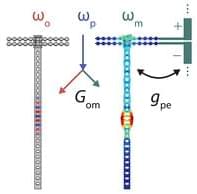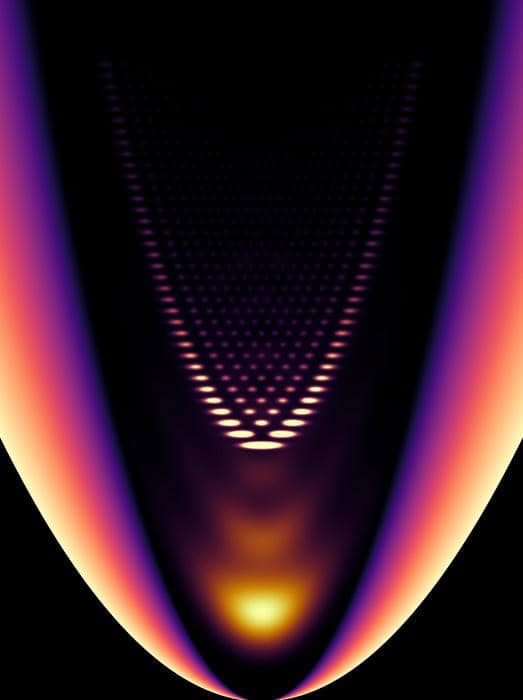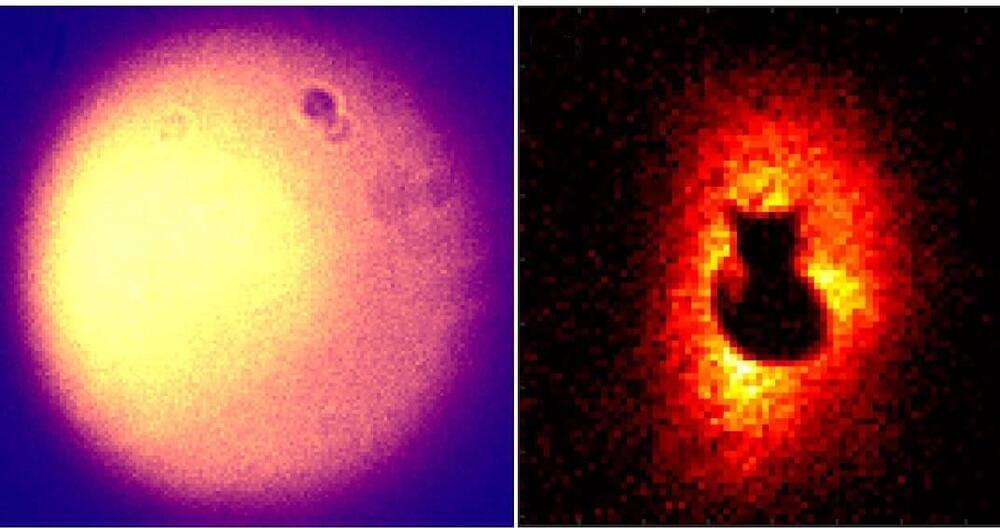I have been thinking for a while about the mathematics used to formulate our physical theories, especially the similarities and differences among different mathematical formulations. This was a focus of my 2021 book, Physics, Structure, and Reality, where I discussed these things in the context of classical and spacetime physics.
Recently this has led me toward thinking about mathematical formulations of quantum mechanics, where an interesting question arises concerning the use of complex numbers. (I recently secured a grant from the National Science Foundation for a project investigating this.)
It is frequently said by physicists that complex numbers are essential to formulating quantum mechanics, and that this is different from the situation in classical physics, where complex numbers appear as a useful but ultimately dispensable calculational tool. It is not often said why, or in what way, complex numbers are supposed to be essential to quantum mechanics as opposed to classical physics.
